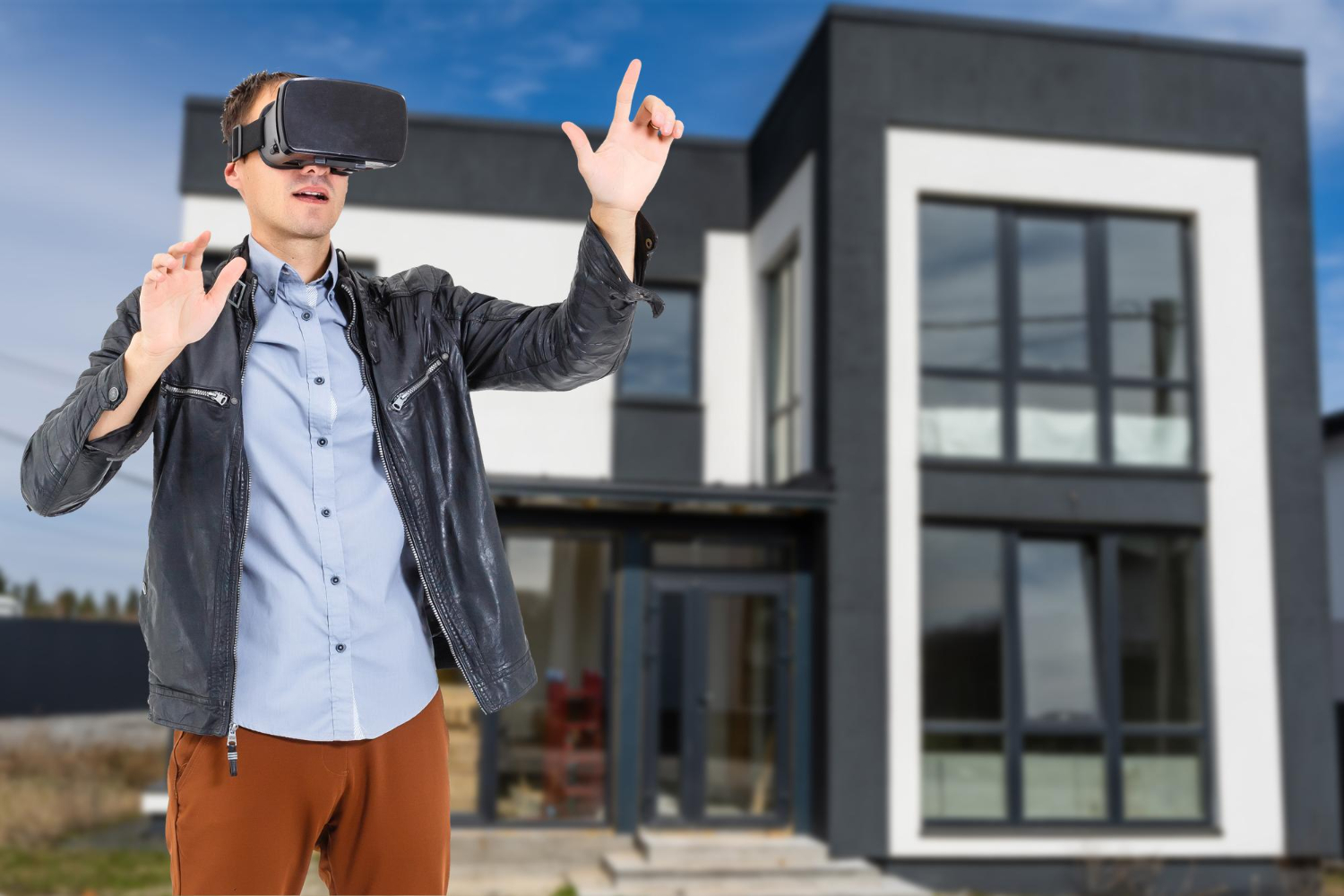The real estate industry continuously adapts to new trends and technologies to stay competitive and innovative. One such game-changing technology that has the potential to revolutionize the buying and selling experience is virtual reality (VR). As a real estate investor, wholesaler, fix & flipper, or land acquisition professional, embracing VR technology can help showcase your properties in the most immersive and engaging manner, ultimately driving sales and enhancing your marketing strategies.
Virtual reality allows users to explore a simulated three-dimensional environment where they can interact with their surroundings using a headset and motion-sensitive controllers. In the context of real estate, this technology offers a more interactive and vivid presentation of properties, enabling potential buyers to ‘walk through’ a space and visualize its potential before committing to a sale. With the growing demand for remote and convenient buying experiences, VR can offer a unique and informative way for clients to tour spaces from their homes, streamlining the buying process and setting your business apart from the competition.
In this blog article, we will delve into the benefits, challenges, and methods of integrating virtual reality technology into your real estate marketing efforts. We will also provide guidance on selecting the right VR tools and platforms to effectively showcase your properties and meet the needs of your target audience. Whether you want to elevate your existing marketing strategies or experiment with emerging technologies, join us as we explore the exciting world of virtual reality and its potential to revolutionize the real estate market.
1. Benefits of Integrating Virtual Reality into Real Estate Marketing
Discover the advantages of incorporating virtual reality technology into your marketing strategies and the unique value it can provide to your clients:
a. Immersive and Engaging Experience: Virtual reality offers an interactive and lifelike representation of your properties, allowing potential clients to visualize the space in a more captivating and engaging manner.
b. Remote Access and Convenience: VR enables clients to take virtual property tours from the comfort of their homes, eliminating geographical barriers and offering unprecedented convenience to both local and out-of-town shoppers.
c. Stand Out from the Competition: By leveraging cutting-edge VR technology, you can differentiate your brand from competitors and position yourself as an innovative and forward-thinking industry leader.
d. Save Time and Resources: The ability to pre-screen properties remotely using VR can reduce the number of in-person showings, saving both you and your clients valuable time and resources in the property selection process.
2. Choosing the Right VR Solutions for Your Real Estate Business
Select the ideal virtual reality tools and platforms that cater to the specific needs and demands of your clients and your target market:
a. VR Headsets: Choose between high-end VR devices like the Oculus Rift and HTC Vive for the most immersive experience, or opt for more affordable and accessible options like Google Cardboard for broader audience reach.
b. Virtual Tour Software: Research and invest in user-friendly virtual tour software that enables you to create professional-grade tours compatible with popular VR devices, such as Matterport or Cupix.
c. 360-Degree Cameras: Select a high-quality 360-degree camera to capture detailed and accurate images of your properties, ensuring the most realistic and immersive VR tours for your clients.
d. Compatibility and Integration: Opt for VR solutions that seamlessly integrate with your existing website, social media, and marketing platforms for a cohesive and streamlined client experience.
3. Creating and Showcasing Effective Virtual Reality Property Tours
Design visually compelling virtual reality tours that capture the essence of your properties and provide clients with a thorough understanding of the space:
a. High-Quality Visuals and Imagery: Capture sharp, well-lit images of your properties using a high-quality 360-degree camera, including multiple angles and viewpoints to ensure a comprehensive virtual walk-through experience.
b. Interactive Elements and Hotspots: Embed interactive elements within your VR tours, such as clickable hotspots or informational tags, to provide clients with additional property details, insights, or pricing information.
c. Strong Visual Storytelling: Strategically plan your virtual tours to guide clients through the property, emphasizing unique selling points and creating an intuitive narrative that highlights the space’s potential.
d. Accessibility and Optimization: Optimize your VR tours for multiple devices, from high-end VR headsets to smartphones and computer screens, ensuring that clients can enjoy the virtual experience regardless of their device preference.
4. Promoting Your Virtual Reality Real Estate Offerings
Effectively market your virtual reality property tours and reach a larger audience of potential clients:
a. Website Integration: Embed virtual tours directly on your website, enabling clients to access them alongside property listings, images, and descriptions.
b. Social Media and Online Promotion: Share your virtual tours on social media platforms, real estate forums, and industry-leading websites, reaching a broader audience and increasing brand exposure.
c. Collaborate with Local Stakeholders: Partner with local business owners or real estate influencers to promote your virtual tours via social media, blog features, or co-branded initiatives, further expanding your reach.
d. Leverage Virtual Reality Events: Host virtual open houses or property showcase events, inviting potential clients to experience your properties through VR technology and fostering real-time interaction.
Conclusion
Embracing virtual reality technology as a real estate investor, wholesaler, fix & flipper, or land acquisition professional can offer significant client engagement, brand differentiation, and overall marketing impact. By selecting the right VR tools, creating immersive property tours, and effectively promoting these virtual experiences, we can appeal to a wider audience and enhance the buying experience for local and remote clients. As we continue to adapt and innovate within the dynamic real estate landscape, let us seize the opportunities presented by virtual reality technology, elevating our marketing strategies and fostering ongoing success and growth. Get in touch with us today at Supercharged Offers to get started.




